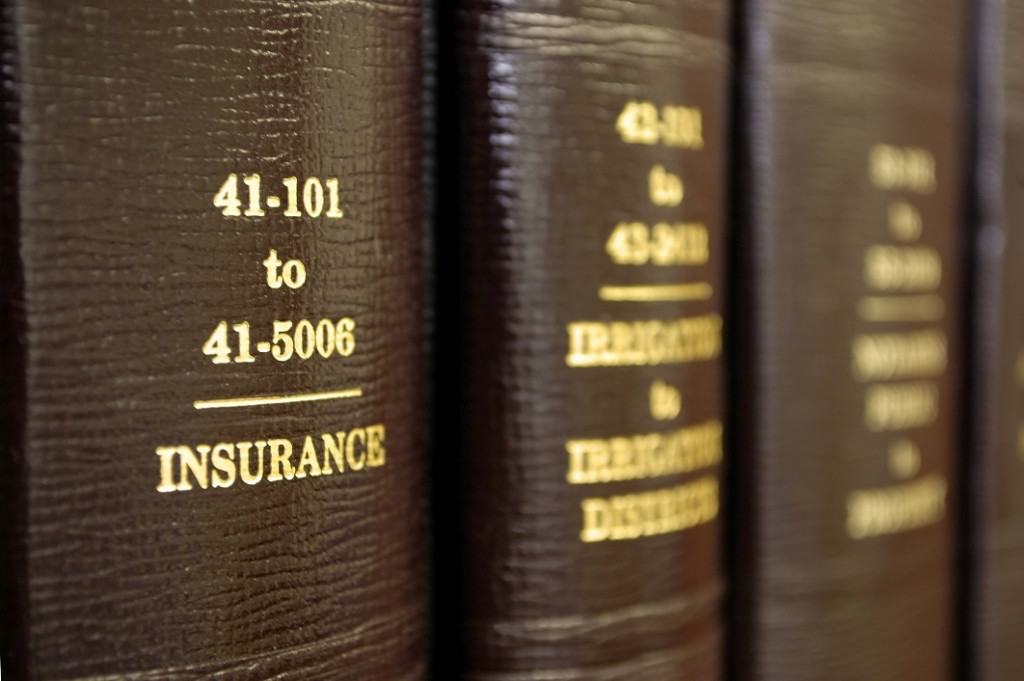In a May 26, 2015, opinion, the Washington Court of Appeals addressed an insured’s entitlement to uninsured/underinsured motorist (UIM) benefits in the context of a “phantom vehicle” accident. In Mumm v. State Farm Mut. Auto. Ins. Co., Case 32323-4-III, 2015 WL 3381215, Division 3 of the Court of Appeals concluded that the insured failed to provide independent corroboration of the incident and, thus, was not entitled to UIM coverage under the terms of the policy.
The case concerned an insured that was riding a bicycle to work. According to the insured, a car passed on the left and abruptly turned to the right in front of her to enter a parking lot. The insured braked quickly to avoid colliding with the vehicle, which caused her to fall off of her bicycle and injure her right hand and thumb. The driver of the vehicle did not stop and the insured was not able to locate any witnesses at the scene. About an hour after the incident, the insured was taken to a medical clinic to have her injuries examined. The chart notes from the insured’s visit to the clinic detail her account of the incident.
At the time of the incident, the insured had an UIM policy that provided coverage for “phantom vehicle” accidents. The phantom vehicle provision stated that in order to be entitled to coverage, “the facts of the accident must be corroborated by competent evidence other than testimony of the insured or any other person who has a claim.” During the insurance company’s investigation of the incident, the insured reported that several people likely witnessed it but that she did not speak with any of them. The insurance company denied the insured’s claim for failure to provide corroborating information from an independent source. The insured sued.
The insurance company moved for summary judgment, arguing that the absence of independent corroborating evidence precluded coverage for the phantom vehicle accident. The insured responded with a declarations stating: (1) the insured was crying, shaking, and in shock and pain when she reported the incident to a medical provider; (2) the insured was crying and upset and appeared to be in shock when she told her husband of the incident; and (3) the medical provider’s treatment detailing the account of the incident. The insurance company moved to strike the declarations because they constituted inadmissible hearsay evidence. The trial court granted the insurance company’s motion, finding that there was no coverage for the phantom vehicle claim because there was not sufficient corroborating evidence because the declarations constituted inadmissible hearsay. The insured appealed.
The Court of Appeals upheld the trial court’s ruling. It first found that the independent corroboration requirement in the policy was proper under Washington law. The court then concluded that the trial court correctly disregarded the declarations submitted by the insured because they were hearsay. Specifically, it found that the statements to the medical provider did not meet the requirements for an “excited utterance” under Washington law. The court found that the insured was not entitled to coverage because she was not able to provide independent corroboration as required by the UIM policy.
The attorneys of MLR frequently litigate UIM insurance coverage issues in Washington. Please contact us with any questions regarding this case or any other matter you see addressed in the MLR Insurance Coverage Blog.




